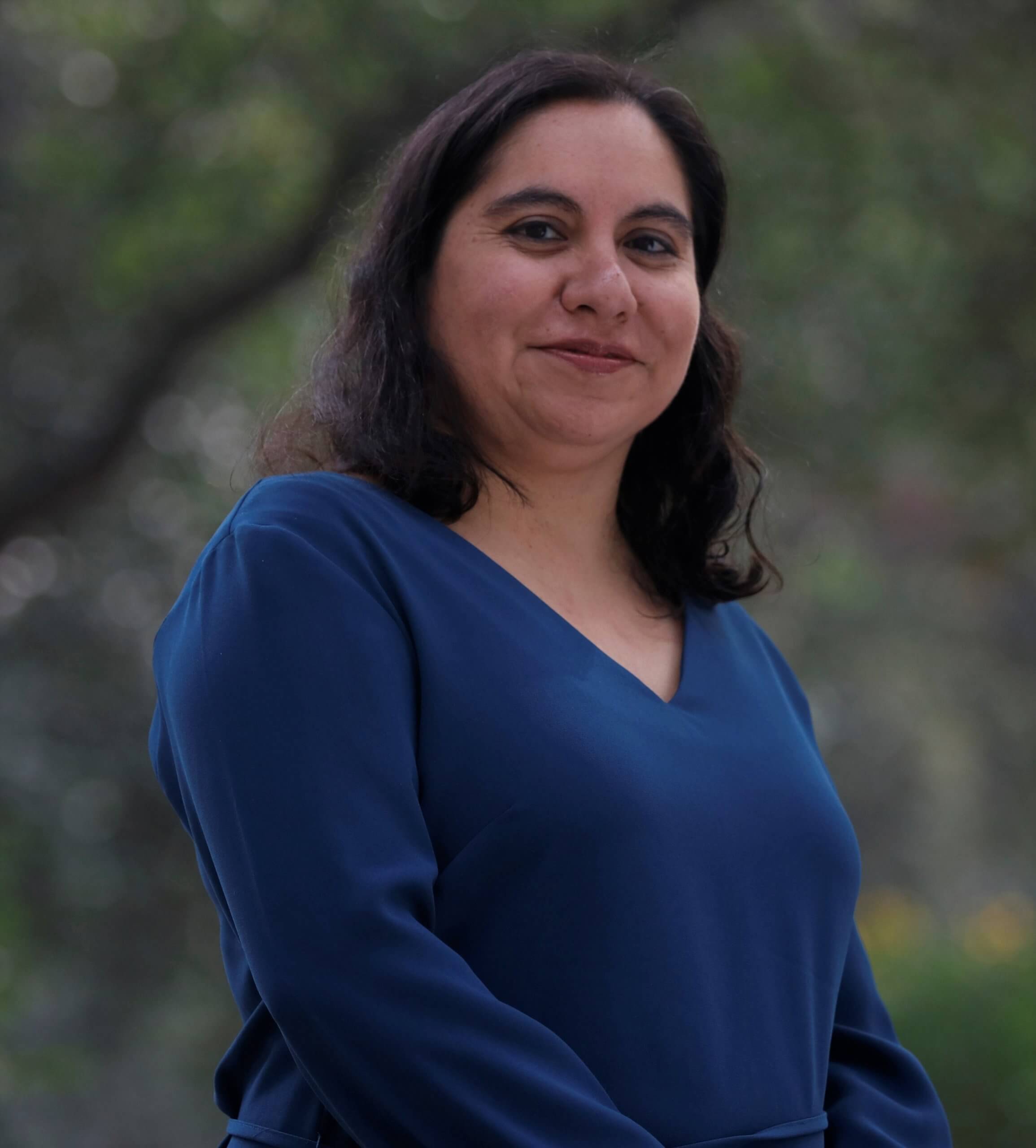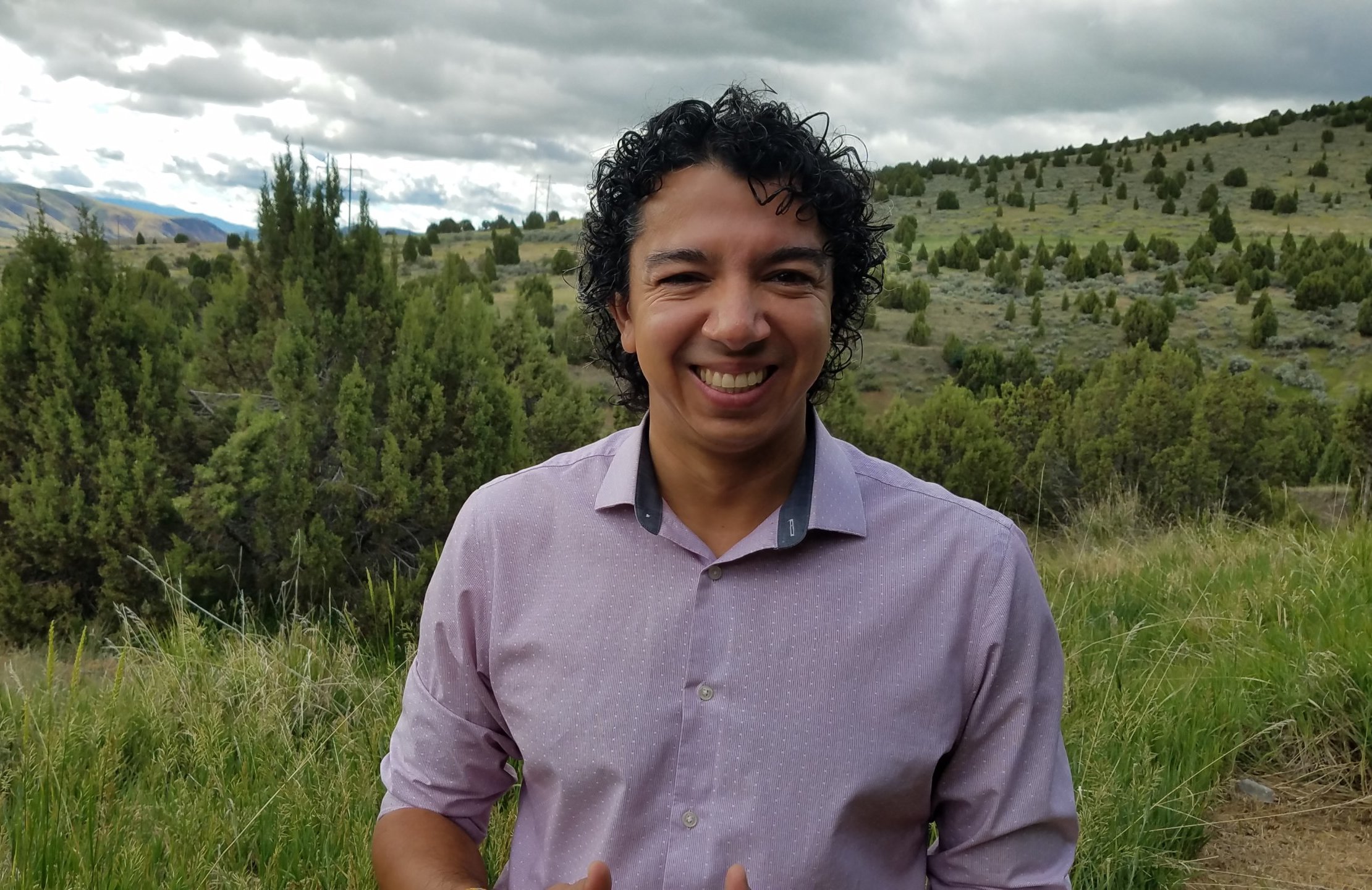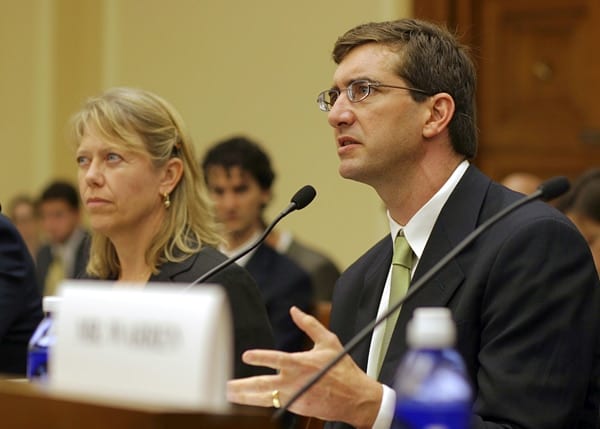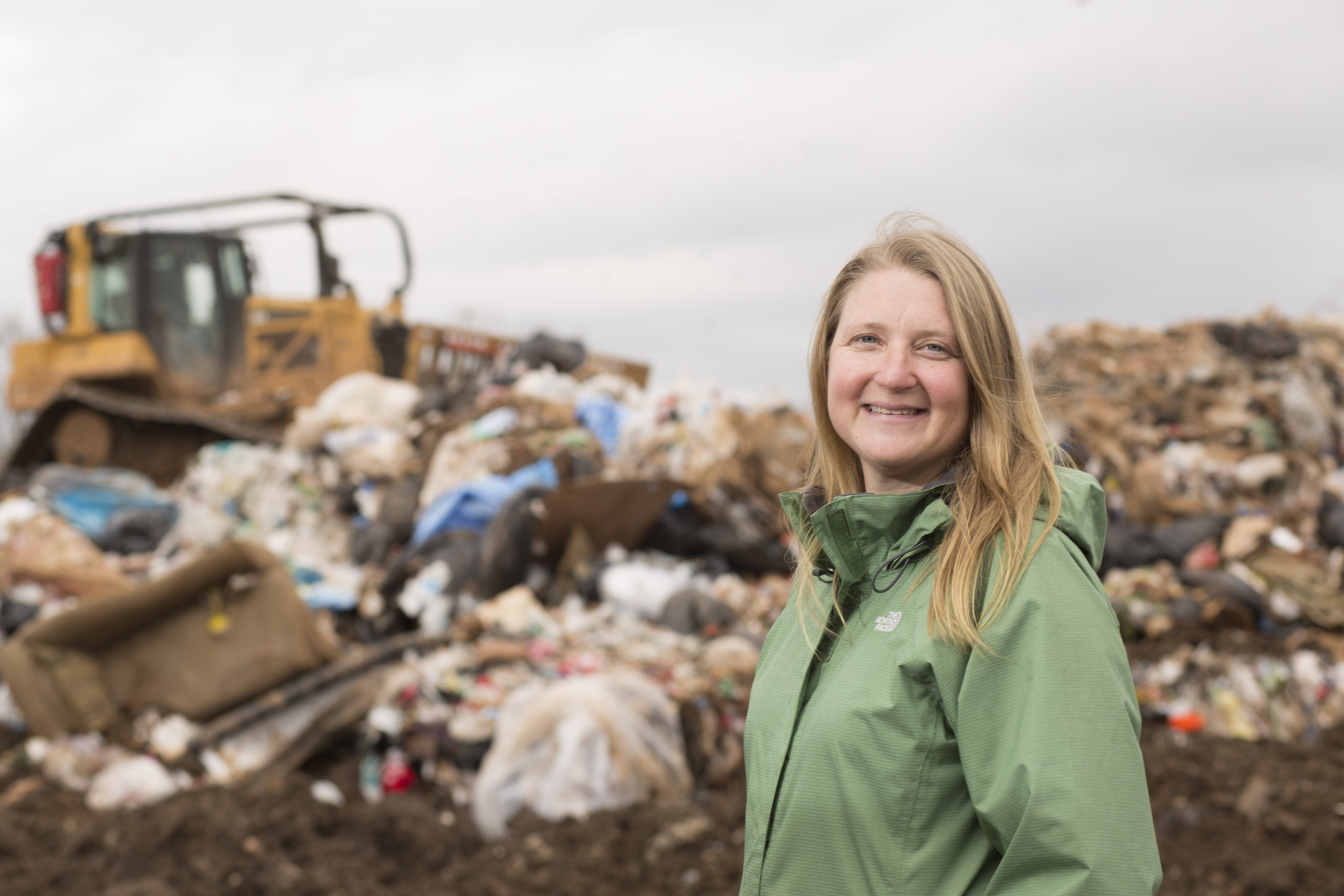Sometimes I miss the feeling of cold, sticky mud between my fingers. I started out as a wetland scientist. For several years, I got to spend my days in coastal wetlands in Mexico, dynamic ecosystems at the interface of desert and sea. I fell in love with these vibrant but vulnerable systems while in college, because they are incredibly beautiful but overlooked habitats, with expansive mudflats and bushy marshes. Other students in my cohort wanted to dive or study dolphins, I wanted to sit in the mud and listen to nature. I studied the different populations of plants and animals within wetlands, and applied that information to conservation actions that aimed to preserve the function and services of those amazing habitats.
Then, my family life led me to permanently immigrate to Washington. I exchanged warm Mexican waters for the frigid (to me!) waters of Puget Sound. I also got an opportunity to focus on something different, using ecosystem models, mathematical representations of marine systems, to achieve sustainable oceans. Initially this was scary, beyond the familiar, but it gave me flexibility to care for my newborn daughter.
Today, I am only outdoors to work on my garden or to hike the beautiful natural areas of the Pacific Northwest. I work with simulated systems or using existing data. I am a much better modeler than I was a wetland scientist; I love having to come up with ways to solve challenging problems and write lines of computer code to solve ecological puzzles. You can think of ecosystem models as computer games that simulate every component of marine systems, from bacteria to whales, to marine currents and fishing boats, and allow us to explore the effects of different management actions on the whole marine system, as well as the aggregate impacts of human activities such as pollution and climate change.
I now work on projects in both Mexico and Puget Sound. Working in Mexico is challenging from a distance; I started working remotely a long time before the pandemic forced everyone to try it, but it allows me to give back to my home country. I am growing my links to Puget Sound; my latest project involved creating an ecosystem model of all of Puget Sound, to try to understand why young salmon are dying before they get a chance to migrate out to the Pacific Ocean. An ecosystem model is particularly useful to solve this mystery because it can help separate the aggregate impacts of everything that is changing in Puget Sound that may affect salmon, including more shoreline development and pollution, less habitat for young salmon to hide from predators and feed, other predators competing for the same prey salmon eat, and less food for salmon.
My findings may help Chinook populations, the main prey of the endangered Southern Resident orcas. Puget Sound still feels too cold to swim, even in late August, and Mexico is still home but I feel I now share the secrets of the Salish Sea, from the intimate knowledge of knowing all its living components and how they relate to one another, and can help conserve another amazing marine system.
Dr. Hem Nalini Morzaria-Luna specializes in applying modeling approaches to the study and management of marine and coastal resources. She is originally from Mexico City. She has an undergraduate degree in Marine Biology and a Ph.D. in Botany. She works for CEDO Intercultural (cedo.org) and Long Live the Kings (www.lltk.org), two non-profit organizations that carry out marine research and conservation. Hem is one of the COMPASS 2020 Leaders for Sea Change.



